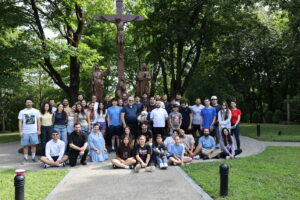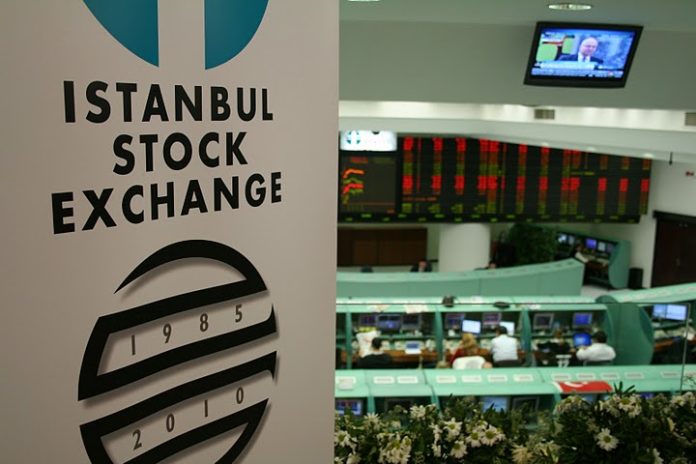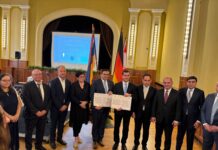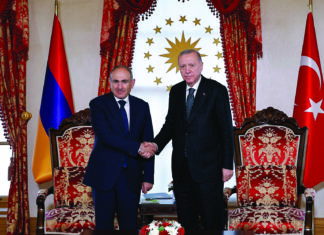By Tugce Ozsoy and Selcan Hacaoglu
ISTANBUL (Bloomberg) — Markets in Istanbul tumbled after the US and Turkey stopped issuing visas for each other’s citizens in a spat related to last year’s failed coup against President Recep Tayyip Erdogan, deepening divisions between NATO members already at odds over the war in Syria.
The Trump administration halted visa services for Turks on Sunday, October 8, citing the October 4 arrest of a Turkish citizen employed at the US consulate in Istanbul for alleged involvement in the July 2016 putsch attempt. Erdogan’s government responded in kind within hours, repeating verbatim much of the US statement.
“The implementation of a such a decision by the US ambassador in Ankara is very saddening,” Erdogan said at a televised press conference in Kiev, Ukraine. He said that he ordered Turkey’s foreign ministry to reciprocate the move. “Turkey is a state of law, not a tribal state,” he said.
Relations have soured since the foiled coup, which Erdogan blames on a self-exiled cleric based in the US, Fethullah Gulen. The US has refused Turkey’s request to extradite Gulen, citing lack of evidence. Justice Minister Abdulhamit Gul on Monday rejected the US ambassador’s request for a meeting as prosecutors “invited” another consulate worker in to testify, AHaber TV reported. The pro-government channel said the employee’s wife and child had been detained, but it didn’t specify the worker’s whereabouts.
The US Embassy’s press service in the capital Ankara declined to comment.








